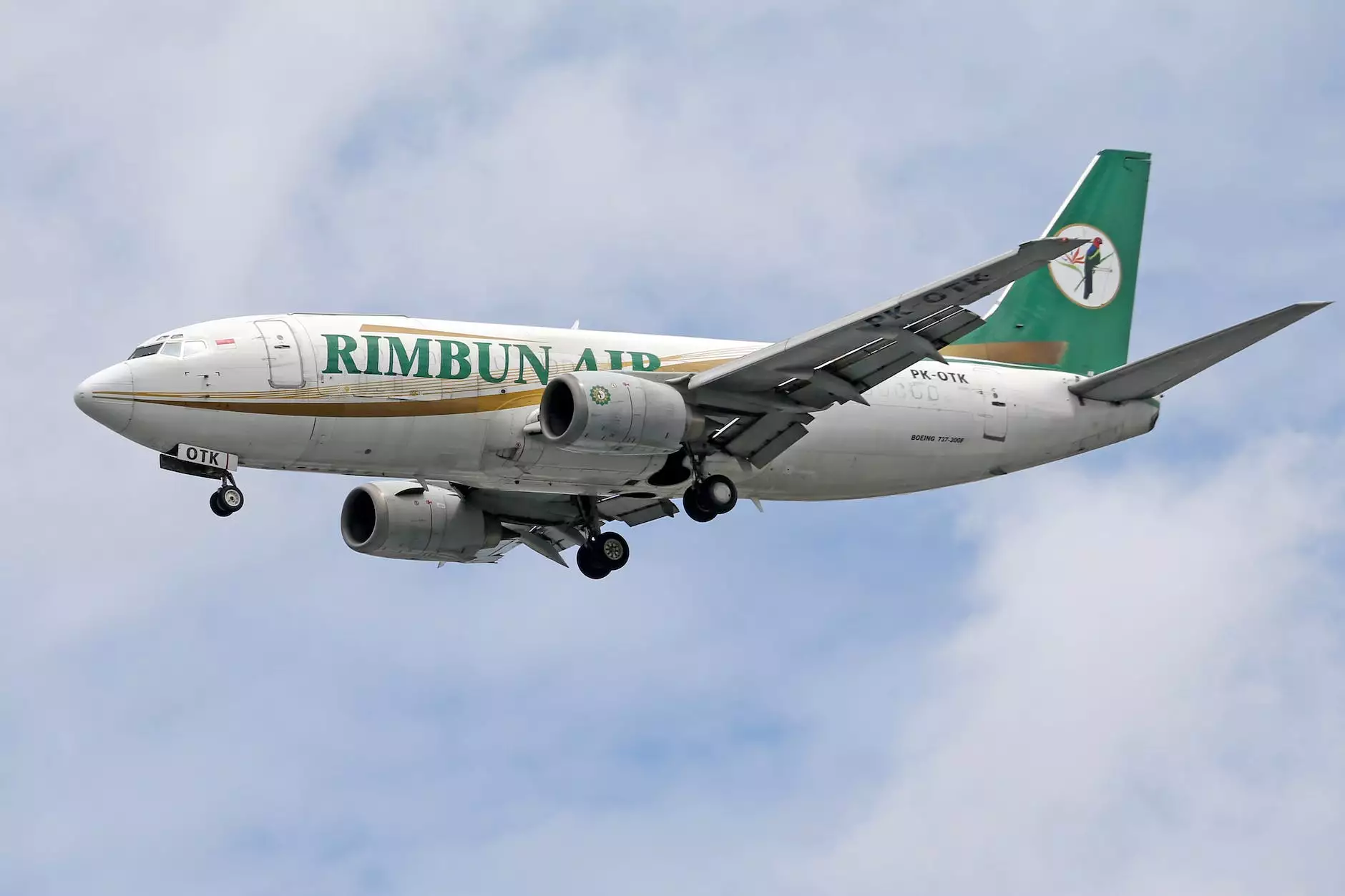Understanding the Vital Role of Hôtesse Navigante in Modern Aviation

In today's fast-paced world, air travel represents one of the most efficient means of connecting people across vast distances. Central to this experience is the hôtesse navigante, or flight attendant, whose responsibilities extend far beyond serving meals and drinks. This article will explore the multifaceted role these professionals play in ensuring a smooth and safe journey for passengers and provide insight into their critical contributions to the aviation sector.
The Definition and Importance of Hôtesse Navigante
The term hôtesse navigante translates simply to "flight attendant." However, this title encompasses a wide range of duties and responsibilities that are pivotal to the operation of airlines and the safety of air travel.
Flight attendants are trained professionals who work on commercial flights, catering to passengers' needs while ensuring their safety and comfort. They serve as the frontline representatives of the airline, often forming the first—and sometimes only—point of contact passengers have with the airline’s brand during their journey.
Key Responsibilities of a Hôtesse Navigante
The responsibilities of a flight attendant can be classified into several key areas:
- Safety: A primary duty is to ensure the safety of all passengers on board. This includes conducting safety demonstrations, explaining emergency procedures, and managing passenger behavior during the flight.
- Customer Service: Providing exceptional customer service is crucial. Hôtesse navigante are responsible for attending to the needs of passengers, including addressing inquiries, serving food and beverages, and managing special requests or assistance.
- Emergency Preparedness: Flight attendants undergo rigorous training to prepare for emergencies. They must be ready to respond to medical situations, technical emergencies, and evacuations, making their role critical during unforeseen events.
- Cabin Administration: Administrative tasks such as conducting cabin checks, preparing flight reports, and coordinating with pilots and ground staff fall under the purview of flight attendants. They must ensure that all equipment is in order and that the cabin environment is conducive to a pleasant flight.
- Cultural Ambassadors: Often, flight attendants serve as cultural ambassadors for their airlines, representing the airline's values and hospitality. They can create a welcoming atmosphere that enhances the travel experience for passengers from diverse backgrounds.
The Evolution of the Hôtesse Navigante Role
The role of the hôtesse navigante has evolved significantly over the decades. Initially, flight attendants were primarily seen as courteous individuals tasked with serving refreshments. However, as air travel became more sophisticated, so too did the responsibilities of these professionals.
A Historical Perspective
In the past, flight attendants were often registered nurses recruited to assist in medical emergencies. This requirement emphasized the importance of safety and care. Over time, the airline industry recognized the necessity of specialized training, and modern hôtesse navigante are now trained in various skills ranging from safety protocols to conflict resolution.
The Impact of Technology
With the advent of technology, the role of hôtesse navigante has also integrated new tools and resources to enhance passenger experience. Digital systems are now employed for:
- Interactive Services: Many airlines offer apps that flight attendants can use to assist passengers with requests while also accessing real-time flight information.
- Safety Training: Virtual reality and simulation tools have improved the training processes, allowing flight attendants to practice emergency situations in a controlled environment.
- Communication: Advanced communication systems enable flight attendants to maintain constant contact with the cockpit, ensuring all staff members are informed and coordinated during the flight.
Challenges Faced by Hôtesse Navigante
While the profession of a flight attendant can be rewarding, it is not without its challenges:
- High Stress Levels: Managing passenger interactions, especially in situations involving delays or cancellations, can be stressful for flight attendants.
- Irregular Hours: The nature of the job requires working during odd hours, including weekends and holidays, which can strain personal relationships and work-life balance.
- Physical Demands: The job involves being on one's feet for long hours, lifting heavy luggage, and being exposed to confined spaces, which can lead to physical strain.
- Pandemic Impacts: The COVID-19 pandemic had a significant impact on the aviation industry, leading to layoffs and changes in service protocols, placing additional pressure on those still in the job.
The Essential Skills of a Hôtesse Navigante
To excel as a hôtesse navigante, individuals must possess a variety of crucial skills:
- Communication Skills: Clear and effective communication is essential for conveying safety instructions, handling inquiries, and engaging with passengers.
- Empathy and Compassion: Understanding the needs and emotions of passengers helps enhance the customer service experience, especially in challenging situations.
- Problem-Solving Skills: Flight attendants must think quickly on their feet and come up with solutions to a range of issues that may arise during a flight.
- Teamwork: Collaborating effectively with fellow crew members and ground staff ensures the smooth operation of flights and enhances overall safety.
- Adaptability: The ability to adapt to various situations, including flight schedule changes and diverse passenger needs, is vital in the fast-paced aviation environment.
Training and Certification for Hôtesse Navigante
Becoming a flight attendant requires extensive training and certification. Individuals typically need to meet specific qualifications, often including:
- A high school diploma or equivalent; a college degree is sometimes preferred.
- Completion of a formal training program by an airline, which usually lasts several weeks and covers safety procedures, customer service, and emergency training.
- Certification from a relevant aviation authority, such as the FAA in the United States or the EASA in Europe.
- Ongoing training to stay current with industry regulations and practices.
The Future of the Hôtesse Navigante Profession
The future of the hôtesse navigante profession looks promising, yet it is also subject to change. As technology continues to progress and passenger expectations evolve, the role will adapt accordingly. Key future trends include:
- Increased Focus on Customer Experience: Airlines may invest more in enhancing customer service, placing greater emphasis on the role of flight attendants as brand ambassadors.
- Enhanced Safety Protocols: In light of the pandemic, airlines are likely to continue refining health and safety measures, with flight attendants at the forefront of these initiatives.
- More Diverse Training Programs: Training will likely expand to include cross-cultural communication and specialized training for serving passengers with unique needs.
Conclusion
The role of the hôtesse navigante is indispensable in the aviation industry, encompassing much more than just serving food and drink. These dedicated professionals are crucial to ensuring safety, providing top-notch customer service, and acting as representatives of their airlines. As the industry continues to evolve, so too will the responsibilities and skills required of flight attendants, reinforcing their importance in the ever-changing world of air travel. The journey of a hôtesse navigante is not just a career; it's a commitment to excellence in service and safety, making it a vital part of the travel experience.
For more information about the aviation industry and the role of flight attendants, visit pnc-contact.com.
hotesse navigante








